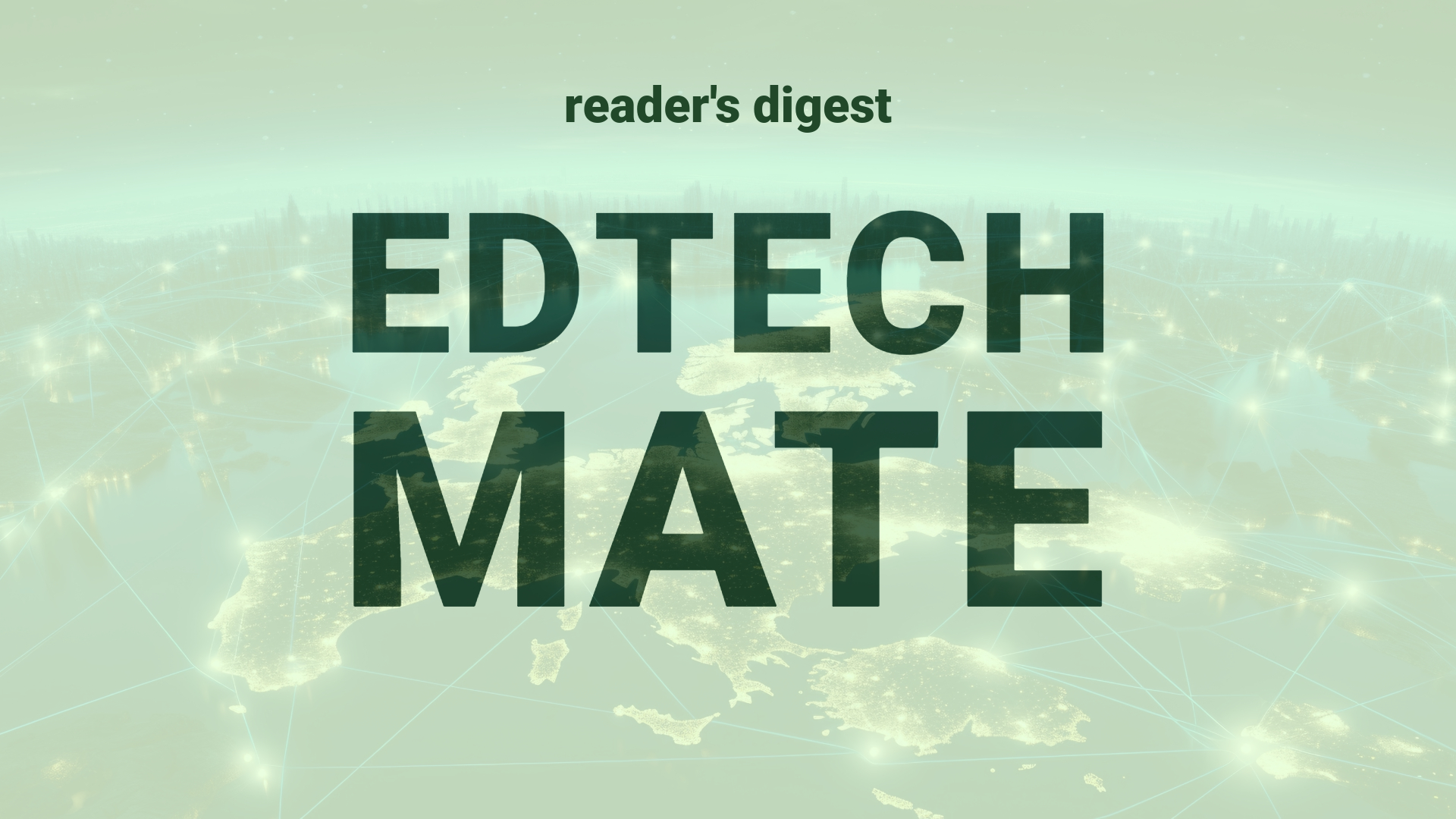Executive Summary and Main Points
The central theme of the shared insights is the importance of strategic self-promotion and grant acquisition for success in PhD programs. Several experienced scientists emphasize the necessity for PhD students to proactively pursue funding opportunities, such as travel grants and self-nominated awards. Moreover, they underscore the significance of understanding and maximizing academic metrics. Despite the critique of the current metric systems like the H-index or the M-index, they acknowledge that metrics-oriented evaluation is ingrained in academia and likely to persist or be replaced by alternative measures.
Potential Impact in the Education Sector
These insights reflect evolving dynamics in Further Education and Higher Education, where success now transcends mere scholarly inquiry to include strategic self-marketing and funding acquisition skills. The pursuit of grants and awards becomes increasingly crucial as academics face a competitive environment where resources are finite and visibility is key. This trend signals the merging of academic prowess with entrepreneurial acumen, thereby fostering a new kind of academic professional.In the sphere of Micro-credentials, the ability to game metrics might influence the design of courses aimed at equipping candidates with the skills to thrive in a metrics-governed academic reality. Strategic partnerships and digitalization efforts could also focus on providing systems for better tracking and promoting one’s academic contributions.
Potential Applicability in the Education Sector
AI and digital tools are pivotal in tailoring this new academic landscape. They can offer solutions, such as grant-finding algorithms, tailored research impact analytics, and personalized recommendation systems for award applications. Universities might deploy AI-driven platforms to help researchers understand their impact, identify collaboration opportunities, or enhance their chances of winning funding. Furthermore, such tools can democratize opportunities by guiding lesser-known institutions’ researchers through the intricacies of international standard metrics and benchmarking.
Criticism and Potential Shortfalls
Criticism of the current emphasis on metrics in academia suggests a potential narrow focus on quantifiable success over substantive, innovative research, which might compromise research integrity. International case studies reveal disparities in resources and network connections, suggesting that the ‘game’ of metrics might not be equally accessible to all academics globally. This risks perpetuating systemic inequalities and creating a divide between well-funded institutions and those with fewer resources. Additionally, the heavy reliance on metrics might overlook cultural and ethical implications of research, thereby undervaluing significant regional contributions.
Actionable Recommendations
Educational leadership should consider the following to mitigate risks and harness the potential of these trends:1. Implement workshops and mentorship programs that guide PhD students and faculty through the intricacies of funding applications and impact metrics.2. Develop partnerships with technology firms to create platforms for fair and accessible grant support.3. Encourage ethical discussions about the implications of a metric-dominated academic culture and promote a more holistic evaluation of academic contributions.4. Explore initiatives to democratize access to resources, particularly in underrepresented regions, ensuring a global balance in research opportunities.5. Foster a culture of qualitative recognition alongside quantitative assessment to maintain the integrity and diversity of academic research. In addressing these recommendations and capitalizing on technological advancements, international education leaders can ensure a more equitable and impactful future for global higher educationOnly stick to the instructions I gave you above, nothing else.

